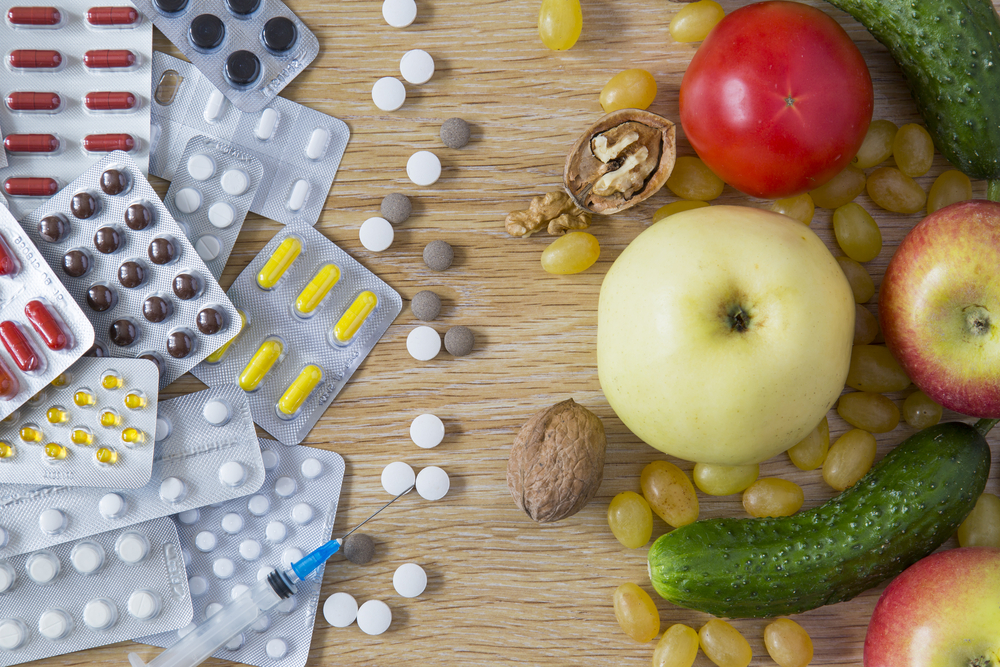The numbers don’t lie—alcohol abuse is an epidemic. Every day in the US, hundreds of people die from excessive drinking. The vast majority are adults over 35, but alcohol is the cause of 1 in 10 deaths for people between 15 and 49.
Globally, millions die from alcohol abuse annually. According to the World Health Organization (WHO), more than 7% of health problems in men and 2% in women stem from heavy alcohol use. Americans lose nearly 4 million years of life because of it.
If you’re struggling with alcohol addiction, the good news is there are remedies you can try at home to help detox and get through the first step to recovery. Staying hydrated is key, so drink plenty of water and herbal tea. Get electrolytes from coconut water or sports drinks. Eat nutritious foods like leafy greens, nuts, and lean proteins to restore nutrients.
Are Alcohol Detox At-Home Remedies Effective?
Detoxing at home isn’t easy, but with the right remedies and determination, you can beat this addiction and get your health and relationships back on track. Stay focused on your goal and reward yourself for victories, no matter how small. You’ve got this—one day at a time.
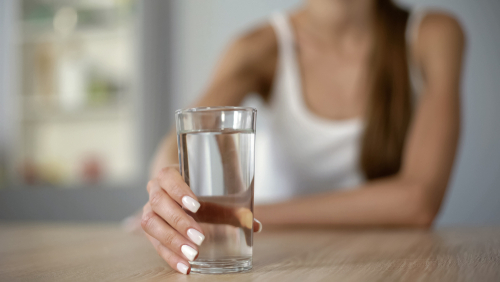
Drink Plenty of Water to Flush Out Toxins
One of the best ways to detox from alcohol at home is to drink plenty of water. Water helps flush the toxins from your body that build up from alcohol consumption.
Aim for 8-10 glasses of water per day. You can also add lime or lemon juice to your water for flavor and a detoxifying boost. Vitamin C helps break down alcohol in your system and restores hydration.
Herbal tea is another great option. Dandelion, peppermint, or green tea are diuretics that help eliminate excess fluid. They also contain compounds that support your liver as it filters out toxins.
Miso, chicken, or bone broth provides hydration, sodium, and nutrients. The salt helps restore electrolyte balance. You can also add fresh ginger or garlic for an anti-inflammatory kick.
Coconut water contains potassium, which is depleted when you drink. It helps with rehydration and restoring nutrients. Look for low or no-sugar options.
In addition to staying hydrated, get extra rest, eat healthy foods high in nutrients but low in fat, sugar, and salt, and avoid caffeine or nicotine. Managing stress levels also helps your body heal.
Read more: Is Tapering Off Alcohol The Best Detox Method?
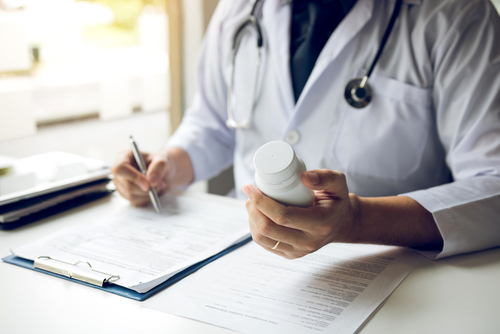
The Benefits of Alcohol Detox Medication
Certain medications can help manage withdrawal symptoms and reduce urges to drink alcohol again, boosting the recovery process.
Benzodiazepines
Benzos like Valium and Xanax work as sedatives to relieve anxiety and reduce the risk of seizures during detox. Your doctor may prescribe longer-acting benzos like chlordiazepoxide (Librium) or diazepam (Valium).
Baclofen
This muscle relaxant can reduce alcohol cravings and make bearable withdrawal symptoms like anxiety, restlessness, and insomnia. Baclofen is sometimes used off-label to support alcohol detox and recovery.
Barbiturates
Barbiturates are sedative drugs that can be used short-term to relieve severe alcohol withdrawal symptoms like Delirium Tremens (DTs). They are usually only used in medical detox or hospital settings due to risks like overdose or dependence.
Adrenergic medications like clonidine can help reduce anxiety, agitation, and high blood pressure during detox.
Anticonvulsant drugs may be used to prevent seizures in people at high risk. They include carbamazepine (Tegretol), valproate (Depakote) and gabapentin (Neurontin).
Your doctor will determine the medication regimen based on your drinking history, health conditions, and withdrawal severity. The goal is to keep you as comfortable as possible during the difficult detox process. But you also have a part to play and should follow dosage instructions carefully and report any side effects or concerns right away to your detox team.
Learn more about Sober Companions.
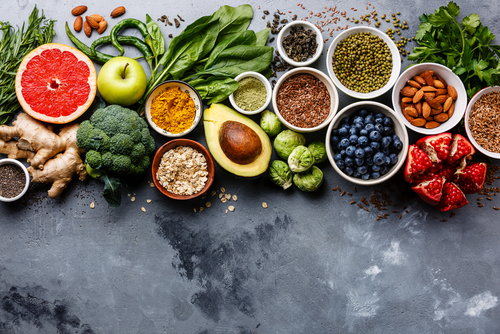
Alcohol Detox Food You Should Consider
A balanced diet with fruits and vegetables, whole grains, vitamin B, lean proteins, and omega-3 fats will help your body detoxify and recover from alcohol use. Making good food choices is one of the best ways to support your health during this process. Focus on the following:
Fruits and vegetables
Eat plenty of fruits and veggies, which provide vitamins, minerals, and antioxidants. Some good options include:
Berries: Blueberries, strawberries, and blackberries are high in antioxidants.
Citrus fruits: Oranges and grapefruit contain vitamin C.
Cruciferous veggies: Broccoli, kale, and spinach have compounds that support liver health.
Whole Grains
Choose whole-grain foods like oatmeal, brown rice, and quinoa. They provide B vitamins, fiber, and complex carbohydrates for energy. Whole grains help restore nutrients depleted by alcohol use.
Lean Proteins
Select proteins low in saturated fat, such as fish, chicken, beans, and legumes. Healthy proteins provide the amino acids needed to repair liver cells and build new ones. Omega-3 fatty acids in fish also reduce inflammation in the liver.
Read more: Why To Avoid Detox Drinks For Alcohol
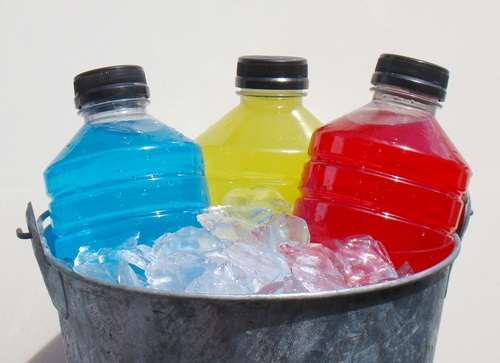
Add Electrolytes And Vitamins Into Your Diet
During alcohol detox, replenishing electrolytes and certain vitamins is important for your health and recovery.
Hydrate
Drink plenty of water and hydrating fluids like herbal tea to avoid dehydration. Your body loses a lot of fluid when detoxing from alcohol. Staying hydrated will help reduce withdrawal symptoms like headaches, nausea, and fatigue.
Get Electrolytes
Electrolytes like sodium, potassium, and magnesium are essential minerals you lose during detox. Replenish them by drinking broths, coconut water, or sports drinks. You can also take over-the-counter electrolyte supplements according to the directions. Getting enough electrolytes will help stabilize your blood pressure and heart rate, reduce cravings, and prevent dangerous complications.
Take B Vitamins
B vitamins like B1, B6, and B12 are important for your nervous system and mood regulation. Alcohol depletes these B vitamins, so replenishing them during detox can help alleviate symptoms like irritability, depression, and difficulty concentrating. You can get B vitamins from supplements, energy drinks, nutritional yeast, or a B-complex vitamin.
Increase Thiamine
Thiamine, or B1, plays an important role in brain and nerve health. A thiamine deficiency during alcohol withdrawal can lead to a serious condition called Wernicke-Korsakoff syndrome. A high-dose B-complex vitamin or thiamine supplement can help prevent this deficiency and support your recovery.

Get Enough Rest & Meditate
A good night’s sleep helps your body and mind recover from the stresses of alcohol withdrawal. Aim for 7 to 8 hours of sleep per night. Go to bed early and avoid screens or bright lights before bedtime.
Establish a calming pre-sleep routine like taking a warm bath, reading a book, or stretching lightly.
Make sure your sleeping environment is cool, dark, and quiet. Use your bed only for sleep to establish the proper association.
Avoid caffeine, nicotine, and screen time late in the day or evening.
Practice meditation, deep breathing, or gentle yoga. Spending just a few minutes focusing on your mind and body can help alleviate anxiety and restlessness, making it easier to fall asleep.
Meditation: Find a quiet spot, close your eyes, and focus on breathing. Start with just 5 to 10 minutes a day.
Deep breathing: Try to inhale through your nose and exhale through your mouth. Make your exhalations longer than your inhalations, and repeat for several minutes.
Yoga or light stretching: Gentle poses or stretches release tension and calm the mind. Look for restorative or yin yoga videos on YouTube.
Getting quality rest will help your body heal and make the detox process less difficult. Be patient and gentle with yourself. Detoxing from alcohol is challenging, but with self-care and time, you will feel like yourself again.
Contact MD Home Detox For Monitored & Professional Detox Programs
Alcohol withdrawal and detoxing at home can be an uncomfortable experience. Having the right support system in place will make a world of difference in your success. Contact MD Home Detox to learn more about our medically-assisted, at-home, and rapid detox programs that can make the withdrawal process more comfortable and safe. Our professional detox team will visit you at your home and monitor the entire process, updating your treatment plan as you progress through. Alcohol detox doesn’t have to be scary, and we’re here to help. Call today to talk with one of our admissions agents and learn how to get started.

